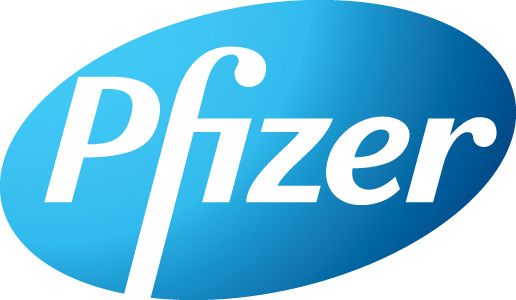Abrocitinib Reaches Skin Clearance Marks in Phase 3 Trial
Patients on 2 different doses of the once-daily oral JAK1 inhibitor reached statistically significant measures for improved symptoms.

Investigative oral Janus kinase 1 (JAK1) inhibitor abrocitinib has reached topline results versus placebo in a pivotal phase 3 clinical trial assessing the drug in patients aged 12 years and older with moderate to severe atopic dermatitis (AD).
Investigators from Pfizer announced this week that patients with AD administered abrocitinib achieved significant improvements in skin clearance per the Investigator Global Assessment (IGA) score and Eczema Area and Severity Index (EASI) score, when compared to those administered placebo. Now, the once-daily oral therapy may be primed for a marketing application with the US Food and Drug Administration (FDA).
The B7451012 clinical trial—the first under the JAK1 Atopic Dermatitis Efficacy and Safety (JADE) global development program from Pfizer—randomized 387 patients to abrocitinib 200 mg or 100 mg, or placebo. Patient randomization was stratified by baseline disease severity per IGA score (with “moderate” being scored as 3; “severe” scored as 4), and patient age (<18 years; ≥18 years).
Co-primary trial endpoints were the rate of patients who achieved an IGA score of clear (0) or almost clear (1) skin and improvement of at least 2 points; and the proportion of patients who achieved at least a 75% improvement from baseline in EASI score. Key secondary endpoints included the rate of patients achieving a four-point or greater reduction in itch severity, as per the pruritus numerical rating scale; and the magnitude of decrease in the Pruritus and Symptoms Assessment for Atopic Dermatitis.
The 12-week study treatment period also included a long-term extension trial, while patients who were either ineligible or discontinued therapy early entered a four-week follow up phase.
A statistically significant greater rate of patients with AD administered either once-daily abrocitinib monotherapy dose reported both co-primary efficacy endpoints, as well as each key secondary endpoint. Trial results also showed that a statistically significant amount of patients reported treatment response during the first 2-4 weeks post-dose.
Trial safety results show that both 100 mg and 200 mg abrocitinib were well-tolerated in patients with AD, and there were no reported unexpected safety events. Each treatment arm reported lower discontinuation rates due to an adverse event (5.8% for both 100 mg and 200 mg) than placebo (9.1%).
The detailed results of the pivotal trial are planned to be submitted for presentation at a future scientific meeting, and publication in a medical journal.
Like other JAK1 inhibitors, abrocitinib is believed to modulate multiple cytokines involved in the AD pathophysiology: interleukin (IL)-4, IL-13, IL-31, and interferon gamma. It received FDA Breakthrough Designation for the treatment of moderate to severe AD in February 2018, granting it an expedited pathway to US regulation.
Should it reach marketing consideration, abrocitinib could become an immediate, routine therapy for patients with the chronic, burdensome inflammatory disease, Pfizer Global Product Development Chief Development Officer Michael Corbo, PhD, said.
“These top-line findings are encouraging and provide evidence that abrocitinib, if approved, could be an effective new oral once-daily treatment option for patients,” Corbo said in a statement.